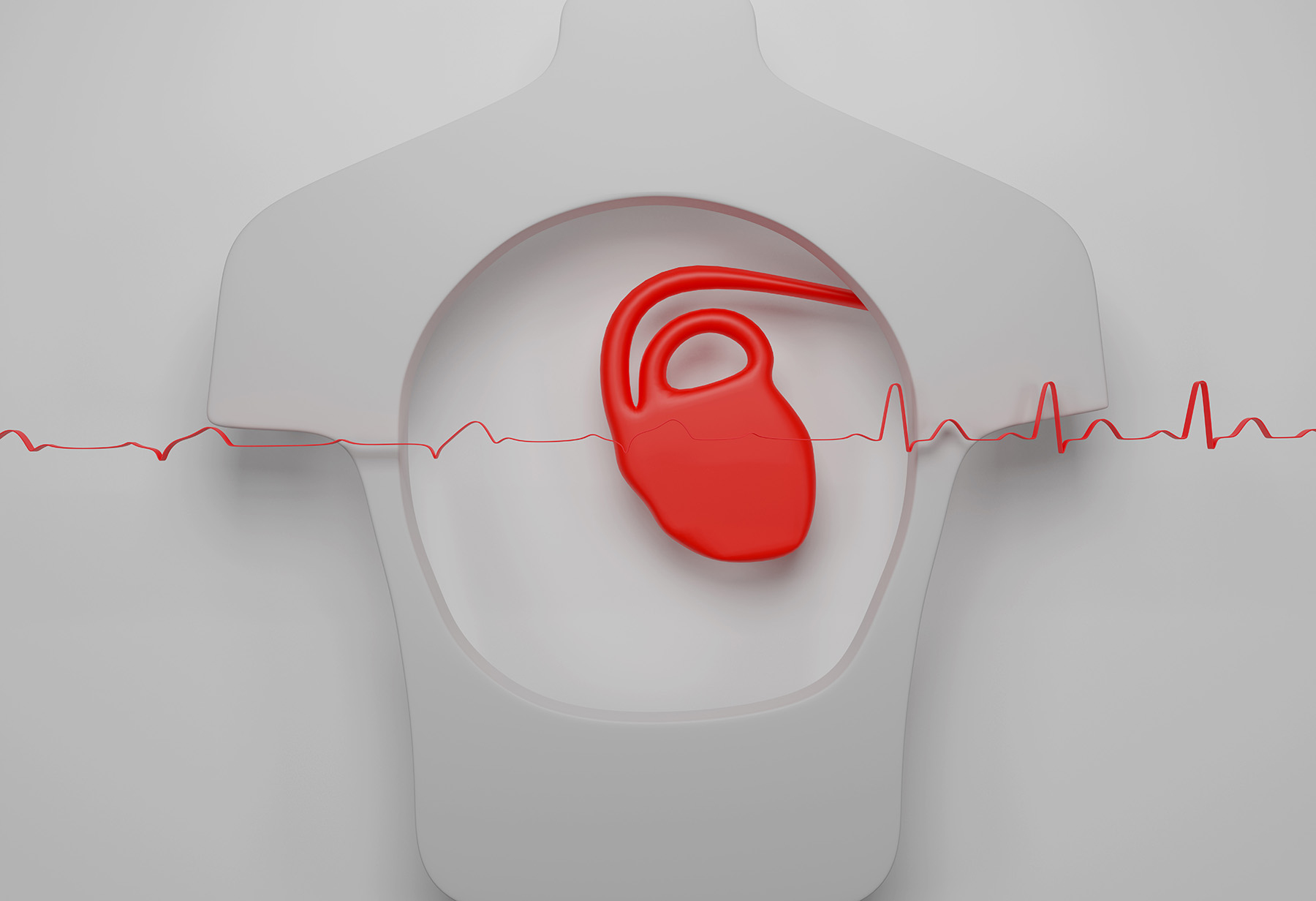What is it Like to Live with AFib?

If you’re one of the millions of Americans living with atrial fibrillation (AFib), your experience might differ based on how severe it is.
According to the American Heart Association, the quivering, fluttering heartbeat that can occur in the heart’s upper chambers (atria) with AFib may make you feel lightheaded and nauseous or like your heart will beat out of your chest. Others, however, may feel no symptoms whatsoever.
What is AFib?
AFib is an arrhythmia, or irregular heartbeat, that causes the beating of the heart to get out of sync and become uncoordinated.
According to the CDC, this can cause short-term symptoms, such as:
- the sensation of heart fluttering or pounding
- lightheadedness
- fatigue
- shortness of breath
- chest pain
It can also lead to long-term complications such as an increased risk of heart attack, stroke, heart failure, and other medical conditions.
AFib can also occur in brief episodes from time to time or always be present. This variation in the clinical presentation can sometimes make diagnosis and treatment of AFib challenging, says Jeffrey Goldberger, M.D., chief of the cardiovascular division at the University of Miami Health System.
“The arrhythmia itself is not graded in a range of severity,” he says. “The issues related to severity are the extent of symptoms and the cause or underlying heart disease. There are patients with atrial fibrillation that have no identifiable structural heart disease (called lone atrial fibrillation) and those with all forms of mild, moderate, and severe heart disease, such as heart failure.
While many factors are associated with the development of atrial fibrillation, the precise mechanism by which they produce atrial fibrillation is not yet clear.”
How is AFib diagnosed?
Regardless of its severity, anyone who has AFib – or thinks that they might – should be evaluated by a medical professional.
“The onset of new symptoms should prompt an evaluation,” says Dr. Goldberger. “The incidence of atrial fibrillation dramatically increases with age, so it is important to keep this in mind when evaluating your symptoms.
“Unfortunately, for many patients, atrial fibrillation is first diagnosed at the time of stroke. This is likely due to the presence of atrial fibrillation with no symptoms or mild symptoms that were not addressed in time.”
While AFib is a serious medical condition, the good news is that people who live with AFib that is well-managed can typically lead healthy, active lives.
The American College of Cardiology says that exercising and being active are good for your heart and health – even with AFib. Of course, everyone is different, so it’s best to talk to your doctor about the right exercise plan for you.
“Patients with atrial fibrillation are often treated with anticoagulants to prevent stroke,” says Dr. Goldberger. “There is an increased risk of bleeding with these agents, so it would be prudent to avoid activities that would promote or complicate bleeding (it would not be a good idea to do recreational boxing or other contact sports). If atrial fibrillation is well-controlled, the goal of therapy is to enable patients to otherwise enjoy an unrestricted life.”
Along with your prescribed medications and other treatments, some lifestyle changes are prudent to minimize the risks of AFib and help you live your best life with the condition. This includes avoiding potential triggers such as excessive drinking, smoking, or taking other stimulants.
Healthy physical activity, eating a nutritious diet, and maintaining a healthy weight, can help keep AFib in check.
Our approach to the patient with atrial fibrillation, particularly those who are going to undergo a procedure, is holistic.
Dr. Goldberger
“We now have a comprehensive atrial fibrillation risk factor modification program that addresses risk factors including obesity, fitness, hypertension, glycemia (diabetes control), sleep apnea, smoking, and alcohol.
“With the combination of our risk factor modification program and an ablation procedure, patients feel much better and also feel like they have more control over their health. There are health benefits that far surpass the treatment of atrial fibrillation.”
Wyatt Myers is a regular contributor for UHealth’s news service.
Tags: afib management, Dr. Jeffrey Goldberger, heart care in Miami, heart disease prevention, heart flutter, lifestyle changes, living with heart
